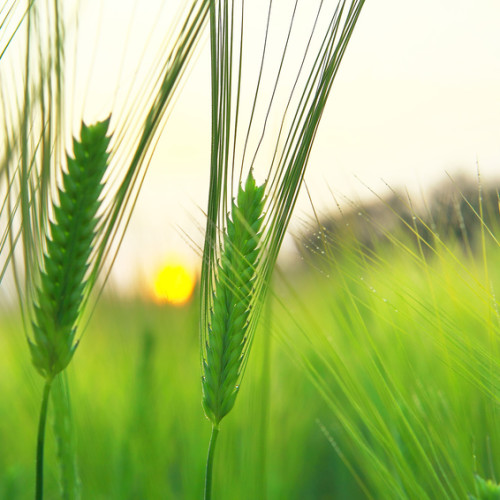
The use of algae biomass in foods is a growing market in Europe. On February 2024,a list of more than 20 new algae species has been added to the Novel Food catalogue. When there is the evidence of a traditional use of algae in any EU Member State before 15 May 1997, their use as foods and food supplements is not considered as novel and is not subject to a long and costly pre-market approval procedure according to the Novel Food Regulation. A list of around 50 algae species considered as not novel is now available in the EU Novel Food catalogue.

In order to be marketed on the French market, a food supplement must be subject to a prior declaration to the competent authority in accordance with Decree No. 2006-352 on food supplements. Since February 3, 2023, food supplements have been declared to the Directorate General for Food using the online declaration platform téléicare.

Better supervision and control of technology is the Senate’s vigilance recommendation. The Committee on Economic Affairs in the Senate recalled its anthropological, ethical, cultural and, in short, political opposition to the development of “cellular foods”. Promising on paper (environment, animal welfare), this innovation according to the Senate, will in no way be essential in the food transition, and would not be without impact on livestock farming. It then made eighteen recommendations grouped into three areas respectively focused on the authorization process strengthening, the information to consumer and research.

Background: in the Guidance on the implementation of Regulation N° 1924/2006 on nutrition and health claims: conclusions of the standing Committee on the food chain and animal health published in 2007, the probiotic term is considered as a health claim because it refers to the implied description or indication of a functionality on health.

The Natexpo 2022 show was a real success with more than 10,000 professional visitors and 1,800 exhibitors and brands present gathered for 3 days in Lyon. All the organic links were represented: from ingredients to distribution. Actors from all walks of life, French and international, took part in this benchmark event.

Alphitobius diaperinus larvae may soon be on our plates!

On 28 June 2022, a webinar information session was held to present the recently published EFSA “Statement on safety of cannabidiol as a novel food: data gaps and uncertainties” to stakeholders.

The decree of the Official Journal (OFJR) “Laws and Decrees” n° 0150 of June 30, 2022 will prohibit from October 1, 2022 “the terminology specific to the sectors traditionally associated with meat and fish to designate products not belonging to the animal Kingdom”. However, it allows the marketing of “foodstuffs manufactured or labeled” before this date (October 1) until December 31, 2023 at the latest.

The conditions of use of the ingredient are now set by Regulation (EU) 2022/860.

The EFSA published on May 2022 an article related to the project “Microbiota analysis for risk assessment: evaluation of hazardous dietary substances and its potential role on the gut microbiome variability and dysbiosis in a special issue dedicated to the European Food Risk assessment (EU-FOR A) program.